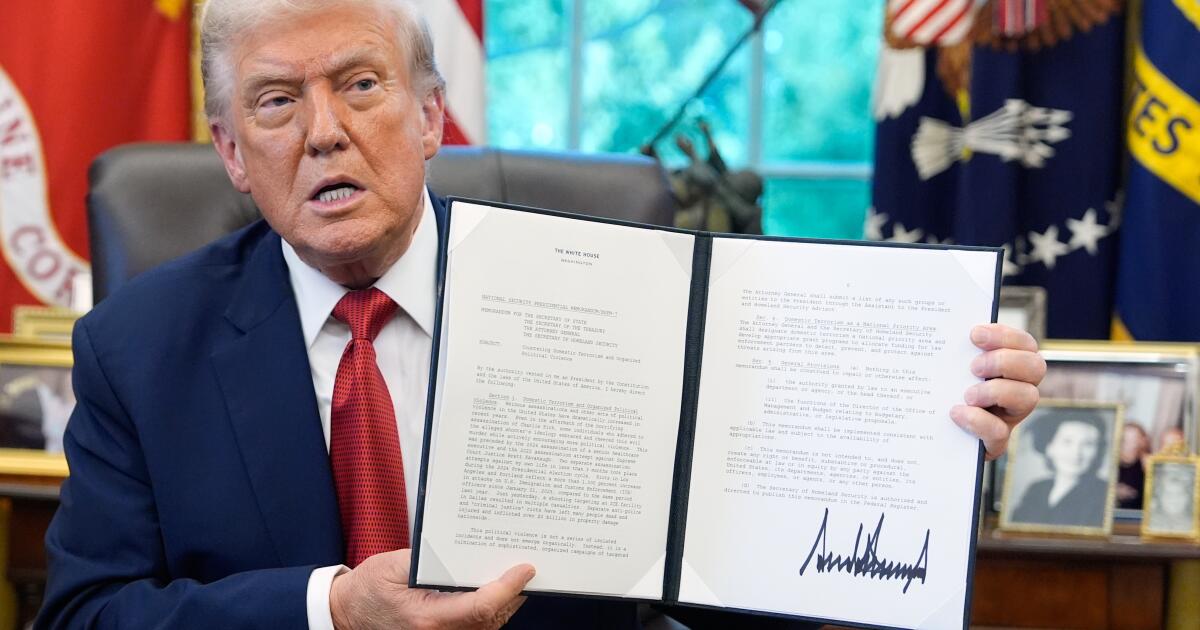URGENT UPDATE: Former President Donald Trump is facing renewed scrutiny over his use of emergency powers as he pushes for increased tariffs on Canada, raising questions about the implications for the economy and the principles of democracy. This controversial move follows Trump’s declaration of a trade imbalance as a national emergency, a tactic reminiscent of historical leaders who capitalized on crises to consolidate power.
Reports confirm that Trump is leveraging the International Emergency Economic Powers Act (IEEPA) of 1977 to claim unchecked authority over tariff implementations. His recent announcement indicates a potential 10% increase in tariffs on Canadian goods, justified by a pro-free trade advertisement from Ontario that echoes former President Ronald Reagan. This comes despite the fact that the U.S. maintains a trade surplus with Canada, raising eyebrows among economists and political analysts.
The implications of these actions extend beyond mere economics; they touch on the fundamental principles of republican governance. History shows us the dangers of concentrated power, a lesson underscored by the legacy of Julius Caesar. As the Roman Republic learned, granting unchecked authority to a single individual during emergencies can lead to a slippery slope toward tyranny.
Recent analyses also highlight how President Joe Biden attempted to use the COVID-19 pandemic to implement significant student loan cancellations without congressional approval, showcasing a pattern of presidents seeking to expand their emergency powers for non-critical issues.
Trump’s legal team argues that limiting presidential powers would jeopardize national safety, echoing a classic Caesarist rationale: the need for unchecked power in the name of protection. However, critics argue that this approach undermines the very fabric of democracy. The IEEPA mandates congressional review of presidential actions every six months, yet Republican lawmakers have altered rules, effectively curtailing their ability to check Trump’s authority.
As these events unfold, the question looms: Are we witnessing the erosion of democratic safeguards in favor of expedient governance? The actions taken today could set a precedent for future administrations, making it crucial for citizens and policymakers to remain vigilant.
What happens next? Observers are closely watching the responses from Congress and the public as discussions around trade policy and emergency powers continue to heat up. With potential impacts on trade relations and economic stability, this situation is developing rapidly.
Stay tuned for further updates on this pressing issue, as the ramifications of these decisions could reverberate across the U.S. economy and beyond.








































































